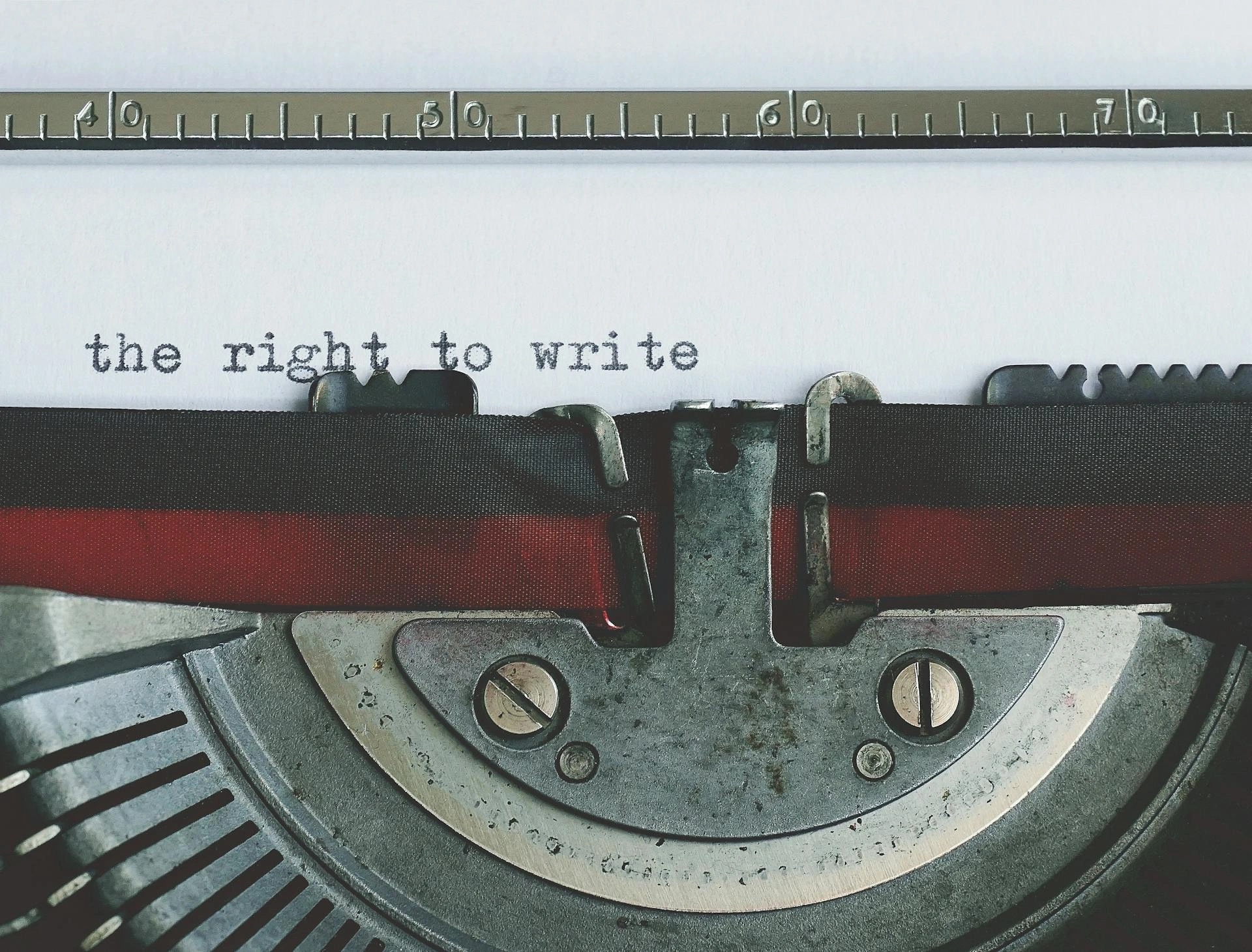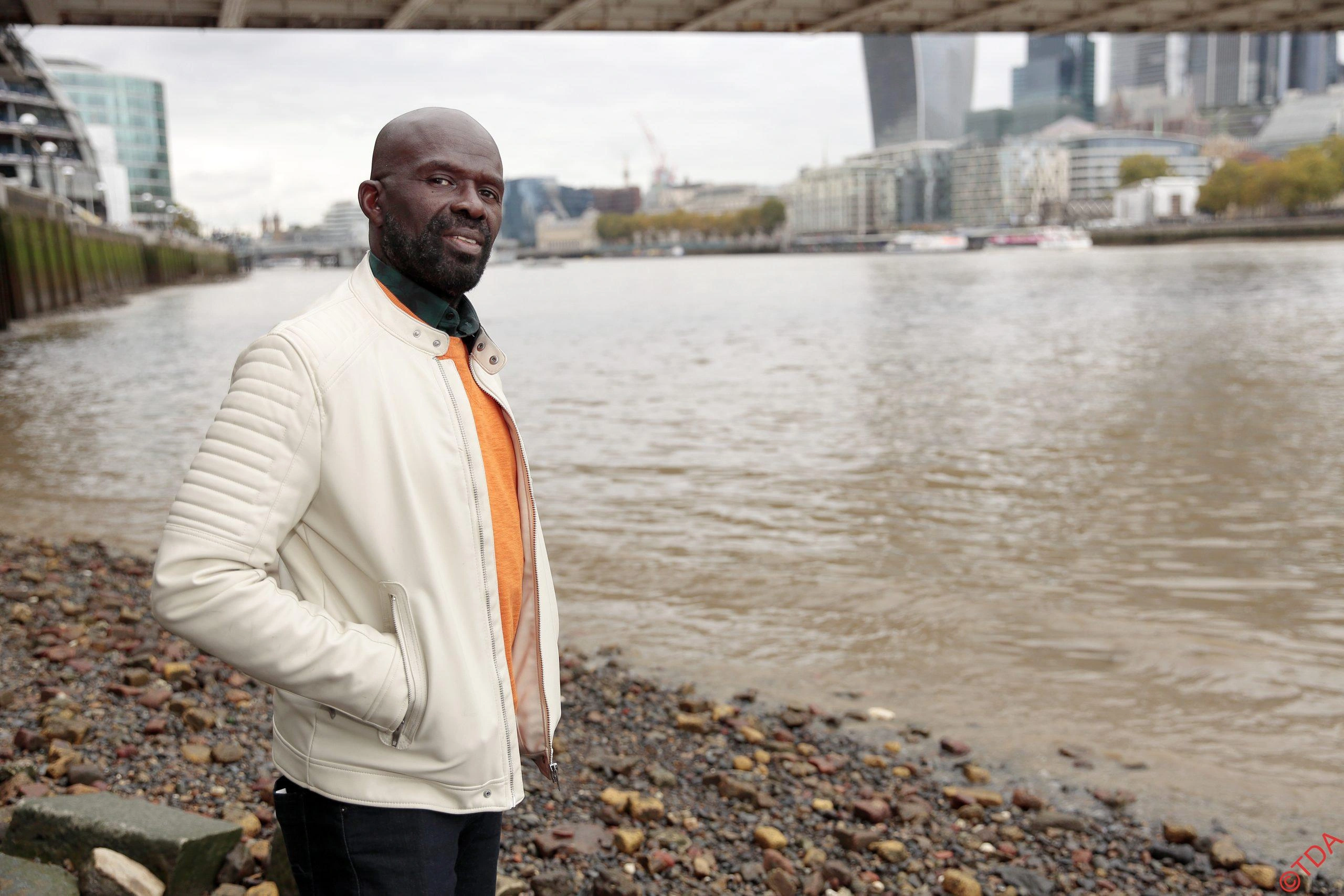Justice for sale? How a £40 claim became a £5,000 bill in Britain’s broken Small Claims Court

Michael Leidig
- Published
- Opinion & Analysis

Once a refuge for ordinary citizens seeking swift, affordable justice, has the Small Claims Court become a legal maze that punishes those it was meant to protect? For journalist Michael Leidig, a £40 claim for an unpaid photograph spiralled into a year-long ordeal and a £5,000 costs order — proof, he says, that a system designed for fairness now serves only those who can afford to navigate it
The Small Claims Court was once a quiet triumph of British common sense. It existed so that ordinary people and small businesses could recover modest sums without being buried in legal costs or procedure. You didn’t need a solicitor, and the judge was meant to guide both sides through a short, plain-English hearing that could be done in an afternoon.
That was the theory.
In practice, the system that was created to protect the public has become almost impossible for them to use. I learned that the hard way after filing what should have been a straightforward £40 claim for an unpaid photo supplied to a national newspaper.
The claim was tiny — the price normally paid for a single photograph. Our not-for-profit newsroom had provided the picture in good faith and it was published, but no payment followed. When reminders failed, I turned to the Small Claims Court, believing it would be a quick and affordable way to settle the matter.
Instead, it became a year-long marathon of filings, strike-outs, and procedural traps. By the time it reached a hearing in September 2025, the newspaper had instructed one of London’s leading media-law firms. What should have been a half-hour conversation turned into a three-hour video hearing dominated by legal argument.
The opposing barrister spoke for long uninterrupted stretches, sometimes twenty minutes at a time, citing case law and procedure. When I asked for clarification, the judge invited her to explain the rules, effectively giving her the floor to restate her case. My own evidence, including proof that the image had been supplied and published, was never properly examined. I was repeatedly forced to limit my input to narrow legal points. Every attempt to challenge the factual narrative was deferred until “later.” Later never came.
At the end of the session, the judge ruled that my not-for-profit company had been the wrong party to bring the case, and that my pleadings did not state a formal “cause of action.” The claim was struck out. Then came the real surprise: a £5,000 order for costs.
For anyone familiar with the small-claims track, that number should be astonishing. The entire system is built on the idea that each side bears its own costs except in cases of misconduct. Even court staff had told me beforehand that large cost awards were “almost unheard of.”
Documents disclosed later showed the defendant’s solicitors had prepared cost schedules exceeding £30,000 for the single image and an additional two images and one video that I later added, before offering to “settle” for £5,000 on the first image. That is 125 times the value of the claim itself — a sum large enough to deter most claimants from ever filing in the first place.
What made the outcome harder to accept was that the defence’s version of events, including incorrect claims I filed 100 pages of evidence after the deadline, went unchallenged. Because of the procedural focus, I was never given the chance to explain my side in full. The judge even acknowledged during the hearing that he had not had time to read the full bundle of evidence I had spent months gathering and collating, and that his copy of that evidence was out of date anyway, and therefore impossible to use as it had the wrong page numbers. He ended up scrolling through it on a mobile phone to the points the other side’s barrister directed him.
The imbalance was not about bias or ill will — the judge was courteous and clearly learned — but about a process that now demands professional fluency few lay claimants can match. The hearing that was meant to protect those without lawyers had turned into one where only lawyers could keep up.
The Small Claims Court was introduced in 1973 so people could recover modest debts without risking bankruptcy. Half a century later, it is drifting toward the opposite: a system where a £40 dispute can trigger five-figure legal costs and months of paperwork.
For individuals, freelancers, and small organisations, the risk is clear. Few can afford to gamble on justice when losing could cost thousands. The effect is not resolution but deterrence — a quiet but powerful way of locking ordinary claimants out of the courts altogether.
My appeal against the cost order is now filed, not because I expect to win, but to document what happened. The record needs to show how far the Small Claims Court has moved from its founding purpose. This is not about journalism, or even about one photograph. It is about whether access to justice still means what it used to. A court system that makes it economically irrational to claim what you are owed is not delivering justice at all.
When a process designed for plumbers, shopkeepers, and freelancers ends up rewarding whoever can afford the most expensive lawyers, something fundamental has gone wrong. The Small Claims Court was meant to be the one place where an ordinary citizen could stand opposite a major corporation and still be heard. Today that balance no longer exists — and unless it is restored, the phrase “small claim” will soon be a contradiction in terms.

Michael Leidig is a British journalist based in Austria. He was the editor of Austria Today, and the founder or cofounder of Central European News (CEN), Journalism Without Borders, the media regulator QC, and the freelance journalism initiative the Fourth Estate Alliance respectively. He is the vice chairman for the National Association of Press Agencies and the owner of NewsX. Mike also provided a series of investigations that won the Paul Foot Award in 2006.
READ MORE: ‘Consumer rights and wrongs in a digital age: why the law no longer protects the public‘. Opaque pricing, exploitative subscriptions and AI-driven sales tactics have transformed the customer experience into a battleground of rights and redress – yet the law has failed to keep pace. A comprehensive overhaul is needed to protect consumers and restore accountability across the digital economy, writes barrister Dr Raj Joshi.
Do you have news to share or expertise to contribute? The European welcomes insights from business leaders and sector specialists. Get in touch with our editorial team to find out more.
Sign up to The European Newsletter
RECENT ARTICLES
-
 Forget ‘quality time’ — this is what children will actually remember
Forget ‘quality time’ — this is what children will actually remember -
 Shelf-made men: why publishing still favours the well-connected
Shelf-made men: why publishing still favours the well-connected -
 European investors with $4tn AUM set their sights on disrupting America’s tech dominance
European investors with $4tn AUM set their sights on disrupting America’s tech dominance -
 Rachel Reeves’ budget was sold as 'fair' — but disabled people will pay the price
Rachel Reeves’ budget was sold as 'fair' — but disabled people will pay the price -
 Billionaires are seizing control of human lifespan...and no one is regulating them
Billionaires are seizing control of human lifespan...and no one is regulating them -
 Africa’s overlooked advantage — and the funding gap that’s holding it back
Africa’s overlooked advantage — and the funding gap that’s holding it back -
 Will the EU’s new policy slow down the flow of cheap Chinese parcels?
Will the EU’s new policy slow down the flow of cheap Chinese parcels? -
 Why trust in everyday organisations is collapsing — and what can fix it
Why trust in everyday organisations is collapsing — and what can fix it -
 In defence of a consumer-led economy
In defence of a consumer-led economy -
 Why the $5B Trump–BBC fallout is the reckoning the British media has been dodging
Why the $5B Trump–BBC fallout is the reckoning the British media has been dodging -
 WPSL Group unveils £1billion blueprint to build a global golf ‘super-group’
WPSL Group unveils £1billion blueprint to build a global golf ‘super-group’ -
 Facebook’s job ads ruling opens a new era of accountability for artificial intelligence
Facebook’s job ads ruling opens a new era of accountability for artificial intelligence -
 Robots can’t care — and believing they can will break our health system
Robots can’t care — and believing they can will break our health system -
 The politics of taxation — and the price we’ll pay for it
The politics of taxation — and the price we’ll pay for it -
 Italy’s nuclear return marks a victory for reason over fear
Italy’s nuclear return marks a victory for reason over fear -
 The Mamdani experiment: can socialism really work in New York?
The Mamdani experiment: can socialism really work in New York? -
 Drowning in silence: why celebrity inaction can cost lives
Drowning in silence: why celebrity inaction can cost lives -
 The lost frontier: how America mislaid its moral compass
The lost frontier: how America mislaid its moral compass -
 Why the pursuit of fair taxation makes us poorer
Why the pursuit of fair taxation makes us poorer -
 In turbulent waters, trust is democracy’s anchor
In turbulent waters, trust is democracy’s anchor -
 The dodo delusion: why Colossal’s ‘de-extinction’ claims don’t fly
The dodo delusion: why Colossal’s ‘de-extinction’ claims don’t fly -
 Inside the child grooming scandal: one officer’s story of a system that couldn’t cope
Inside the child grooming scandal: one officer’s story of a system that couldn’t cope -
 How AI is teaching us to think like machines
How AI is teaching us to think like machines -
 The Britain I returned to was unrecognisable — and better for It
The Britain I returned to was unrecognisable — and better for It -
 We built an education system for everyone but disabled students
We built an education system for everyone but disabled students



























